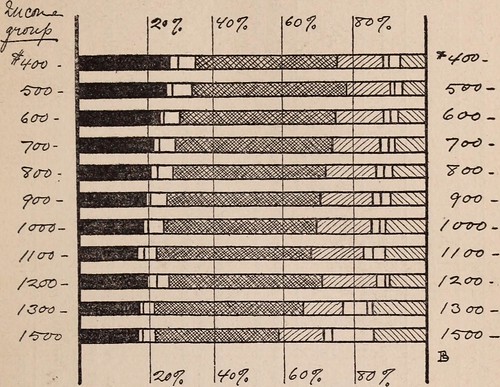Uncertainty is felt by anyone facing an insurance dilemma, whether it be purchasing a new policy, trying to reduce your premiums, or just finding the right coverage for yourself. In this article, you will find some helpful tips that might help you avoid expensive mistakes.
When you have to pick your health insurance, know exactly what your choices will cover. It is vital to have extra coverage if it turns out that you are not able to return to work for a considerable amount of time.
When you are getting a health care plan, consider the health of your family and yourself. If you do not have any health issues anticipated in the near future, this may enable you to pay a cheaper premium for your insurance. It is less expensive in the beginning, but if you do get sick then it can become very expensive.
If you require health insurance and have are a recent college graduate, there are some things for you to think about. If you are employed, see what insurance options are offered through your employer. If you are 26 or under in age, your parents can keep you on their policy, and you may also search for your own insurance as well.
See if there’s an employee-wellness program with your company that could possibly save you money on health insurance. A lot of employers offer incentives for employees for having their lifestyles and health assessed. You might be able to find fitness programs that will help your employer save money on insurance coverage, which will lower your premiums.
Before you sign up for another year of coverage, ensure your prescriptions are still on the reimbursement list. Which medications are covered by your insurer, and which are not, can change regularly. Make sure you are aware of any changes your policy may be making before you decide to sign up again. It may be time to seek out new insurance if you find that medicines you rely on regularly are suddenly not covered any longer by your plan.
Know that due to federal regulations, you must buy health insurance from an insurance provider within your state. If you end up in a hospital outside your state, you might not be covered. Make sure you review your policy carefully to determine if you are covered out of your state.
Keep in mind that some insurance companies will add a surcharge if a spouse you include on your insurance plan has access to their own insurance through an employer. It may actually be more affordable to have separate coverage through your respective employers, so make sure to calculate both scenarios.
If you are someone who don’t use the doctor often, you should look into a HSA or Health Savings Account. You can save money you do not pay on insurance, and it can go straight into this account to pay for medicines and doctors, if needed.
A group plan offered by your employer will always be cheaper than individual insurance, as your employer will be able to negotiate discounted rates due to buying policies in bulk. If you want to save money, you can join an organization or group that offers its members insurance.
Take the time to read your bills in full. Even with health insurance, expenses can get costly, particularly prescriptions. A lot of doctors will not prescribe a generic version if you do not ask for it. Make sure you shop around before filling a prescription. Different pharmacies have varying prices on generic medications.
Take some time to familiarize yourself with the contents of your health insurance manual for future reference. The handbooks are often intricate, so you will need to read every page to be informed about what your benefits are. It may be frustrating to weed through all the information contained, but it could pay off significantly in the future.
The knowledge you’ve just learned should help you have the confidence to make the correct insurance choices. By following this information, you will ensure that you are getting the proper health insurance for your needs.

